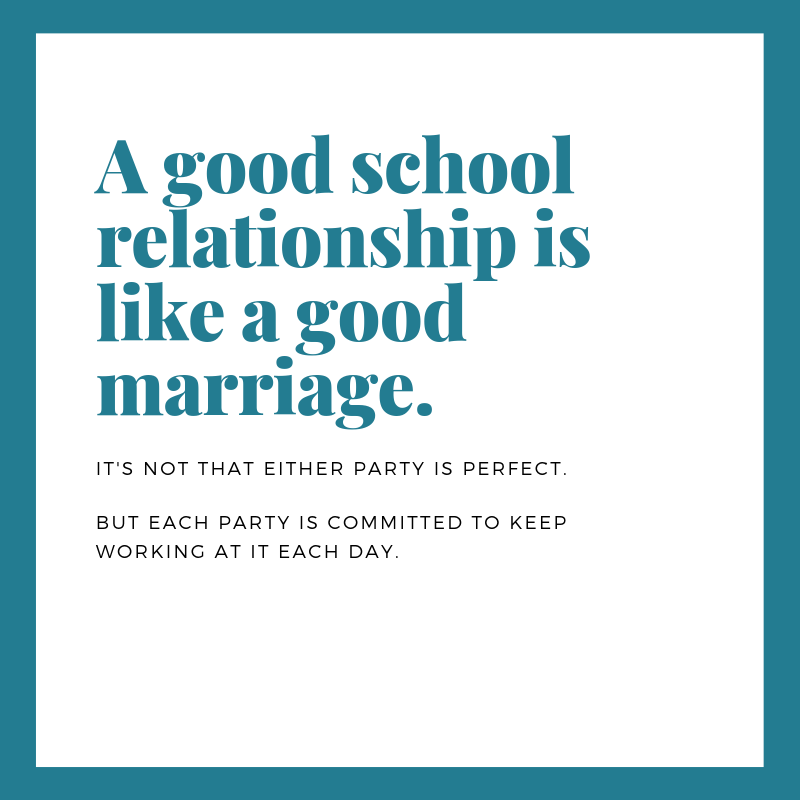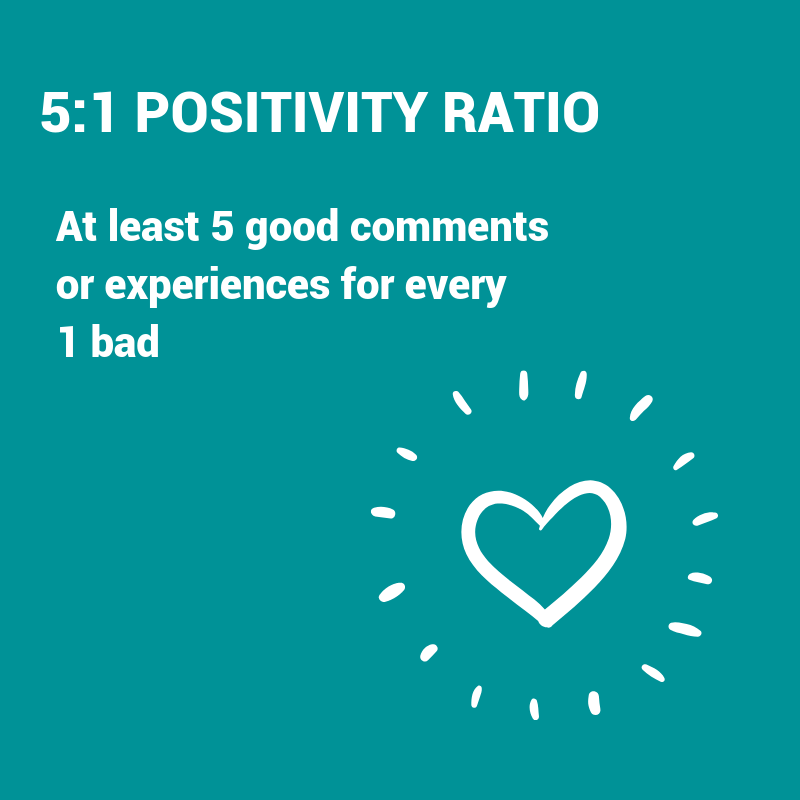
We couldn’t resist. It’s Valentine’s season. Cupid shot his arrow at us :-).
So we thought this was the right time to explore what we can learn about successful marriages to apply to our parent relationships.
In an April, 2013 article the American Psychological Association highlighted some of the factors that “make love last”. As we read through them we saw there were so many connections to building a positive relationship with anyone – parents and schools alike.
1. Demographic factors matter.
We know demographics don’t have to be predictors – but being aware of barriers you are overcoming matters in marriage and schools helps. The reality is there are multiple demographic gaps in our schools.
Only 1/3rd of the adult population has a college degree – yet most school staff are college educated. This means there’s a natural educational gap between parents and school staff that needs to be bridged. But that’s just one of many. We also know that while over 50% of students and their families in our public schools are of color, fewer than 20% of school staff are. Further, many schools have a substantive Spanish speaking population – and don’t have the staff with the language or cultural connections to communicate with their families.
To truly build a relationship between parents and school staff, bridges need to be built and conversations about demographic differences and challenges have to happen. It’s less comfortable to talk about our differences – and yet if we don’t we miss the opportunity to build collective strengths.
2. The power of stress.
Schools are stressful places. Between 200 and 5,000 humans entering one space each day – with all of their experiences, hopes, sadness and dreams mixed in. Studies show the trauma students experience outside of school starts to be parallel processed through PTSD of school staff in schools where there is a high percentage of students experiencing trauma. Parents are also stressed. Getting their child to and prepared for school is only one of the many stressors they are experiencing. They have job stress, marital stress, financial stress, and then all of the other challenges and trauma that come along. So recognizing the stress means also recognizing the need to relieve stress.
While it may sometimes seem cliché or like a shtick to host special events at school that are more “feel good” than substance, they are important for holding stress free opportunities to relax and enjoy each other. One of my favorite events that we do at my kids’ school is called a Way Late Play Date. We go to a nearby playground that is easily accessible for parents to walk to or drive to and is connected to a nearby community center. We bring popsicles, a boom box, and just connect with each other on a Friday during the early weeks of school. It’s an easy way to do something that doesn’t create a lot of stress to plan, and can help relieve stress.
3. The power of commitment – early.
This study found that in marriages where someone had cold feet before the wedding they were more likely to divorce. What’s the connection? Again, the power of information. Are parents at your school because they chose to be there or because they have to be there? Is it their only option? Are you their sub-optimal option? Either is okay – but knowing in advance how they see your school as an option for their kids can help you start having the honest conversation that can build and strengthen the relationship.

4. Celebrating the small.
Unsurprising, showing someone you care about them can go a long way. One of our Possip school partners in Florida used the car line one day to show parents some love – they passed out treats and love notes to parents during the car line. Parents can do the same – whether using Possip (or their email) to send a teacher some love and appreciation or recognizing a teacher for something well done outside of a national holiday, the time is always right to show some love.
Many marriage counselors talk about the importance of the power of 5 – making sure that your ratio of positive experiences or comments is 5 good to every 1 bad (you can also do 10 to 1 of course :-)). This goes both ways!
Parents, if you are only sharing complaints with your kids’ school – start working to come up with 5 good for every 1 bad.
Schools, are you calling home or just mentally complaining about parents at your school? Start working to come up with 5 good thoughts or comments or calls home for every 1 bad.
5. How you fight matters.
Conflict isn’t inherently bad. In fact, a study in the hospitality industry found that customers who had an issue that was successfully resolved ended up with a more positive association with the hotel than customers who had no issue to start. So the conflict isn’t necessarily bad – it’s how you fight that matters. For schools, do you have a plan or rubric or strategy for how conflict is handled?
Schools, have some norms and boundaries for how you want to handle conflict, what your school’s values look like when engaging in conflict, and what protocols exist. Make sure parents know too! It’s much easier to let parents know before there is conflict that you won’t be able to have profanity said during the school day – or that meetings with teachers have to happen after 3pm.
It may sound hokey – but consider using scripts or sentence starters in conversations with parents when there is conflict or the need for restoration.
6. Talk about more than logistics.
For marriages, they describe it as “talking about more than the dishes”. Schools have so much to do and get done. They’re not just running academic institutions they’re running operational machines! It can be easy for conversations, newsletters, and robocalls to parents to focus on car lines, progress reports, report card days. But what about the relationship? What if at a parent-teacher conference the first question was, “how has your child enjoyed school? Have there been any big changes in your lives over the past 3 months? Is this school year meeting your hopes for your child?”
7. Keep it fresh/take risks.
This is connected to talking about more than logistics, and the article describes it as “novelty, variety and surprise.” Now before we get too far out of hand, schools need to be relatively predictable places :-). Kids don’t do well with big surprises, and surprise at scale can quickly get out of hand. But there are some neat opportunities for surprise and delight! At my kids’ school one of the teachers turned her classroom into a Black History Month museum. What a novel surprise! Or my kids get super excited when they get a pajama day (that is planned). These are all ways that there can be novelty and surprise. Now the inverse issue is also true. If schools lack structure and systems, surprise is a bit harder. So in order to introduce surprise you need predictability.
8. Know that love (and intention) isn’t enough.
The American Psychological Association summarizes with a reminder that love isn’t enough. For schools, the reality is good intentions and want isn’t enough. Building strong relationships takes active work and sacrifice. Life is real – and stress, challenge, conflict – is going to be part of the equation. So all of us, even on our best days, will struggle to show up as we most want.
I describe a good school relationship as like a good marriage. It’s not that either party is perfect. But they are committed to keep working at it each day.


